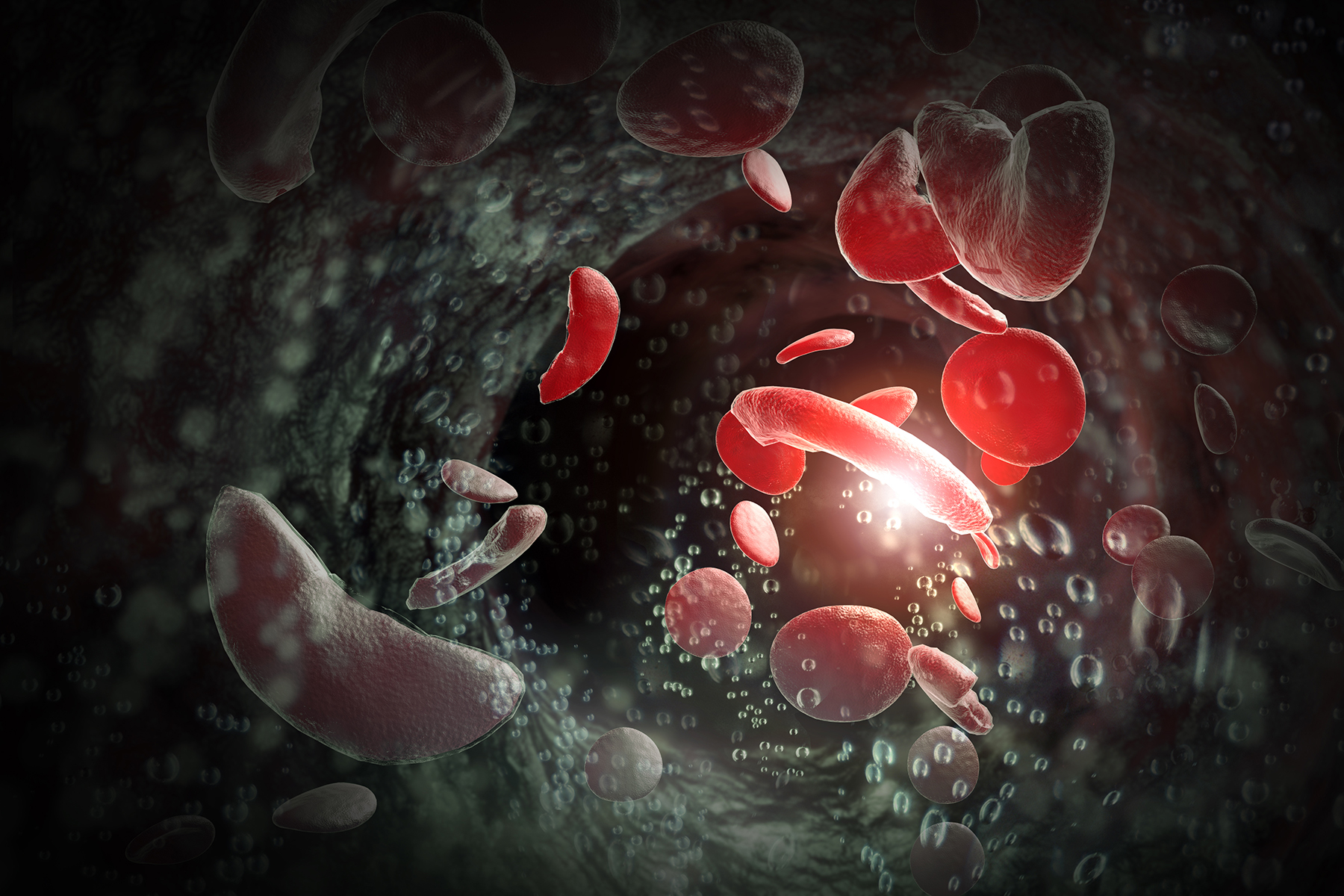A New Life Without Pain


“I can’t believe I have the opportunity for a different life with a cure,” said 31-year-old Brenda Alfaro who suffered with crippling pain due to sickle cell anemia. She now shows no sign of the disease after receiving a bone marrow transplant at Sylvester Comprehensive Cancer Center as part of a clinical trial.
Treatments, including Hydroxyurea and blood transfusions, were not enough to prevent Alfaro’s sickle cell crises. She started seeing Dr. Lazaros Lekakis, the principal investigator for the national STRIDE-2 Trial. The study compares outcomes of bone marrow transplantation versus supportive care for young adults with severe sickle cell disease.
Born with this hereditary, red cell blood disorder, this Nicaraguan woman became a patient of hematologist Dr. Thomas Harrington when she moved to Miami in her early 20s.
“She had very severe disease, excruciating pain and was hospitalized frequently,” said Dr. Harrington, a sickle cell expert at the University of Miami Health System.
These episodes, or crises, are severe and even life-threatening.
Pain, severe anemia and organ damage are common. Strokes, respiratory failure and other organ failure can be life-threatening complications.
Alfaro had the transplant in December, and four months later says she has never felt better. She was very fortunate to have a perfect match in her one sibling, her brother William. The chance of a match is about 1 in 5, so most patients do not have this option.
Due to the severity of her disease, Alfaro had to put her studies on hold. But now she can continue pursuing her dream of earning a bachelor’s degree in nursing.
“I think Brenda is likely cured, though she still needs close attention,” Dr. Harrington said. “My adult patients have been interested in bone marrow transplant for several years. Being able to offer them this option is very exciting for all of us.”
Next on the horizon for sickle cell patients: CRISPR. A gene editing tool introduces a corrective gene into a patient’s stem cells in the lab during a clinical trial. Then, the patient receives an infusion of the modified stem cells.
Dr. Harrington says this may prove to be the “cure” available to all patients and hopes to get the study up and running at Sylvester soon.
Written by Diana Gonzalez, media relations director for Sylvester Comprehensive Cancer Center.
